‘How do we get this right?’ – accessmatters with The Unmistakables’ Asad Dhunna
‘How do you introduce yourself? Listing jobs and experiences, what that does is put a mask up over who I am as a person’ – for our latest accessmatters session, The Unmistakables’ Asad Dhunna talked how ‘not fitting in’ was a spark for him create space where everyone can.
‘Throughout my life, I recognised I didn’t really fit in. Right from Primary School. At home, my family pronounces my name in the Hindi way, so who I am in the world and who I am at home is different, automatically.
‘I did languages and people were like, “Shouldn’t you be doing Sciences or Maths?” It’s what people expected me to do. When I got to university, I had people say “Obviously, you’ll do accountancy” or “You’ll do law – something that’s expected of someone like you”. I realised by that they meant “Asian” or “of Indian heritage”.
‘That feeling of not fitting in carried on – I lived in Germany for a year and people would ask “Where are you really from?”
‘I went to work in marketing and comms. I had a push and pull – push of family saying “Really, you could get a job in a bank”. And I was thinking, do people like me belong in this industry; should I be here? In the early days of my career, I was trying to use “not fitting in” as a value rather than as a bad thing. Then I started to realise, as I became a leader, that people didn’t look like me, or have my experiences.’
The Past
The way the communications and media industries have tried to welcome people from communities and backgrounds other than the predominantly white, middle-class, university-educated and heterosexual mould has often been very well-intentioned, but not quite right.
‘Back then, people were starting to use “ERG”, “LGBTQ”, “BAME” and set up networks. I had this funny moment of people asking if I wanted to be part of the BAME or LGBTQ network – I thought I didn’t quite fit into either of these. And then someone told me about the word “intersectional”…
‘How do we make the industry more inclusive? People that look like me are more likely to set up a shop on the high street than set up an agency – I set up The Unmistakables.’
The Present
The world has had to change since the pandemic, forcing conversations that have previously been avoided or given short-shrift – businesses are having to do the work.
‘Having conversations with clients now: “how do we get this right?” – inclusivity is treated really differently today. The pandemic and George Floyd’s murder made us all sit up and engage with the conversation. Partly because we were stuck at home and we were all going through the same experience. The brutality towards marginalised communities and the systems in place made us confront that privilege is in how we live. Society has been structured in ways that doesn’t benefit all.
‘We realised the only way we could help with inclusion was an “inside-out” approach – campaigns backed by more inclusive cultures. Marketing and comms is what we see in the world, how we are communicated to and how culture evolves. And within businesses, how do employees feel with their inclusion levels? You might be really good at your job, but you might not feel included. We spent a lot of time trying to work that out.’
The Future
The Diversity & Confusion Report, released by The Unmistakables this year, found that people are more comfortable taking about death than topics like race and sexuality at work.
‘Language is always changing – people don’t know how to talk about this. 40% of professionals in our industry are afraid to use the word “black”. Why? There are political nuances with that term, so some people don’t feel comfortable using it. People are also afraid to use the terms “gay” or “disabled”. One-in-six fear that they could lose their job if they use the wrong terms. If you’re in marketing and comms, fear is the biggest thing that stops creativity.
‘We also found that people would rather use the wrong term than say what they mean. We hear “diversity” a lot – our question to those we work with is, what do you mean by “diverse”? Is it background and class, sexuality, race? I always like to encourage people to see what’s inside of that word.
‘We’re at a time where we’re rethinking a lot and we don’t want to go backwards. There’s a curve of change, and not everyone is going to be on top tomorrow, but we’ve got an opportunity to think how we want to do things differently.’
For more from our accessmatters sessions with The Unmistakables’ Asad Dhunna, read his five tips for creating inclusive campaigns.
Find influencers and media professionals to work with on your upcoming campaigns with the Vuelio Media Database and keep track of your stakeholder relationships with our Stakeholder Management services – find out more here.

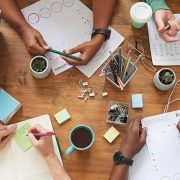
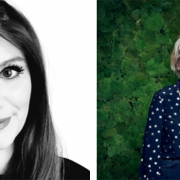
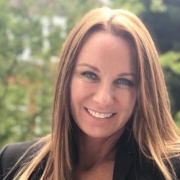
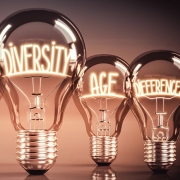
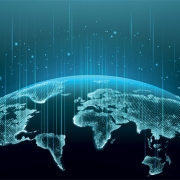
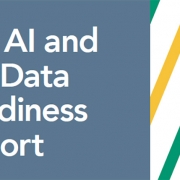

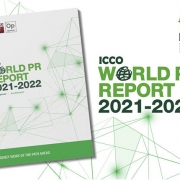


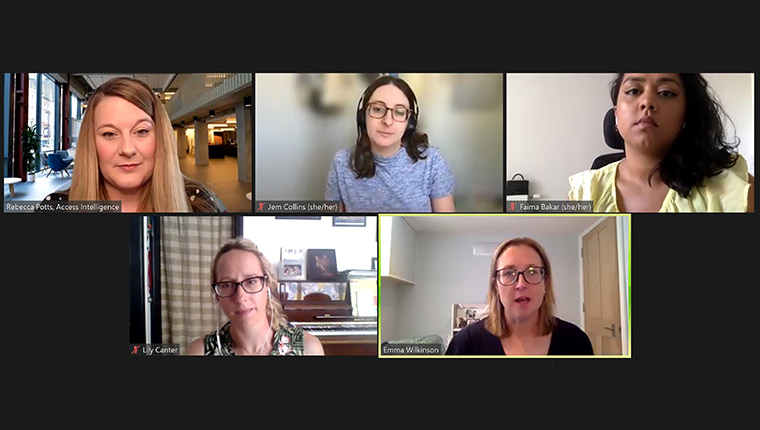
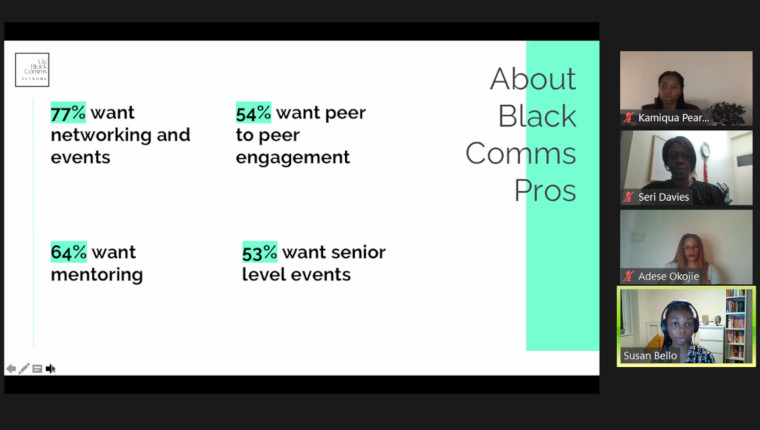
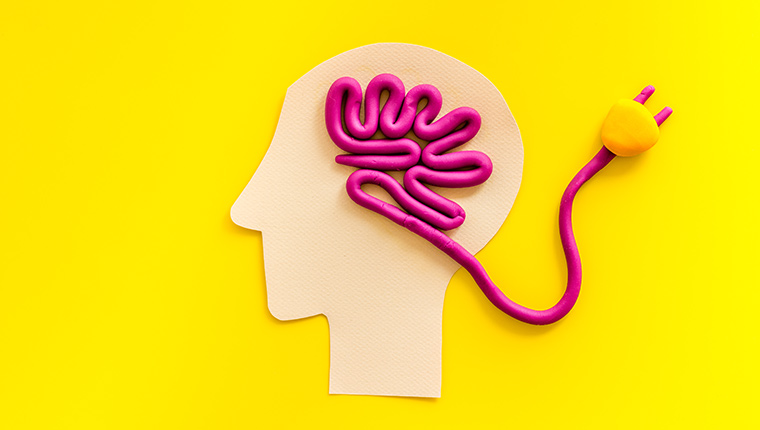
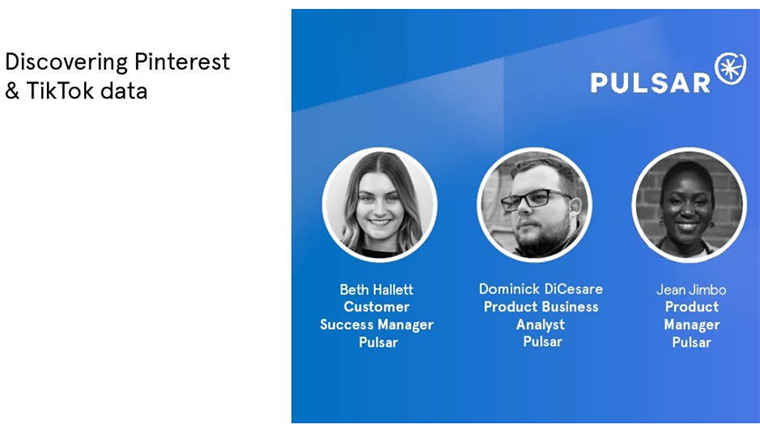
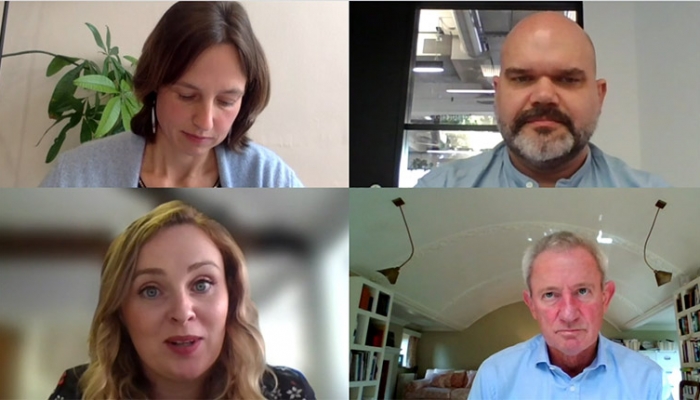
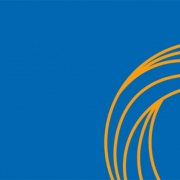
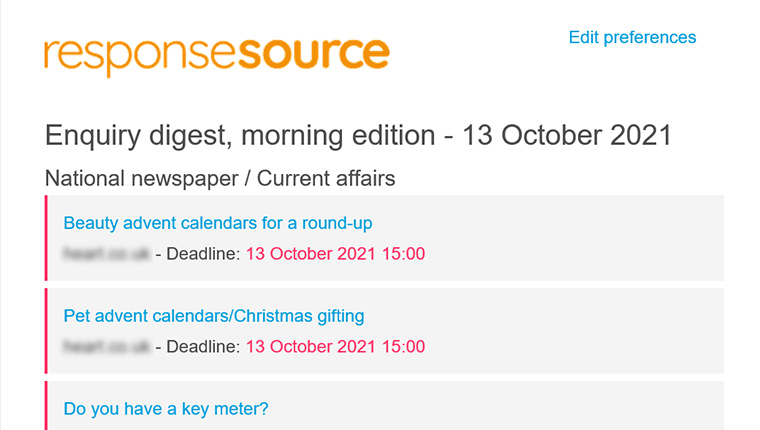
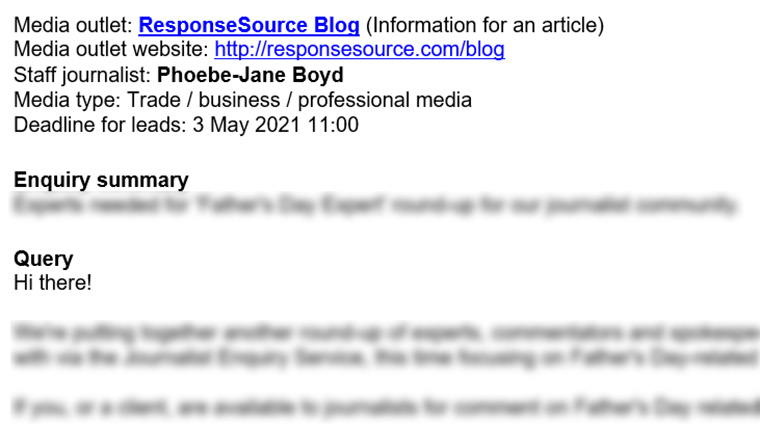
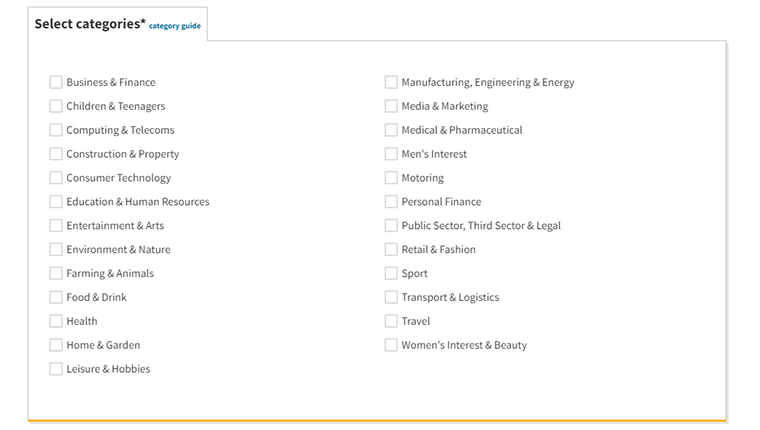

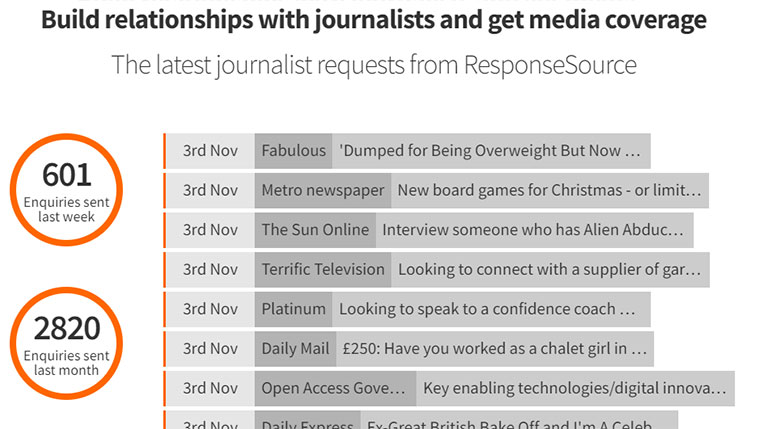
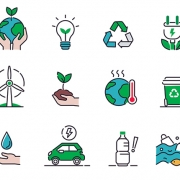
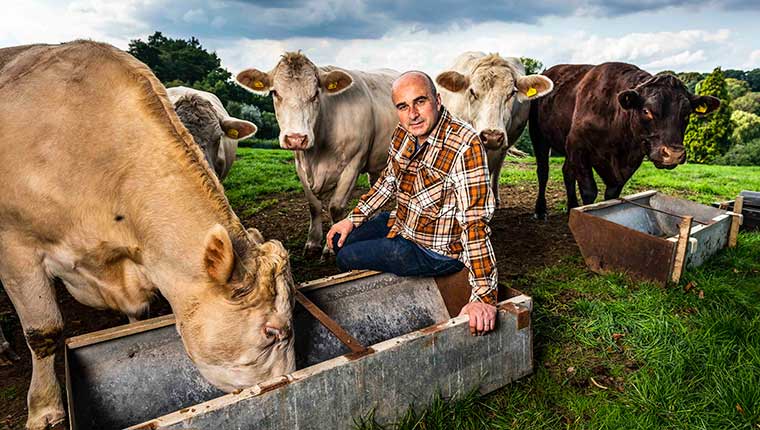
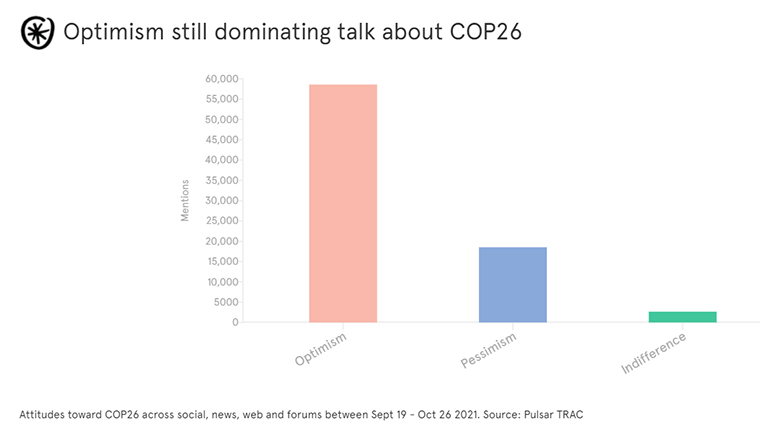


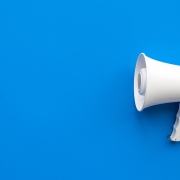
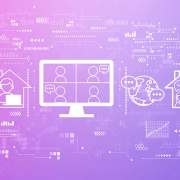
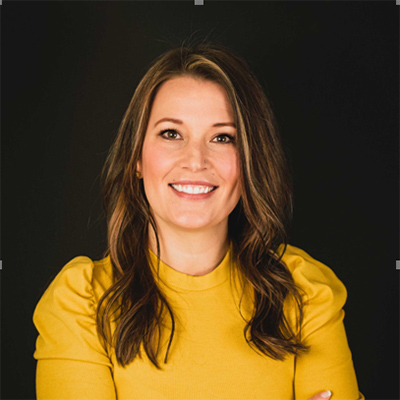
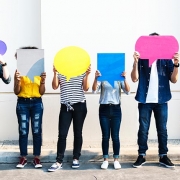
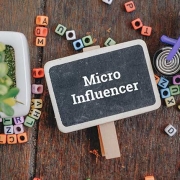
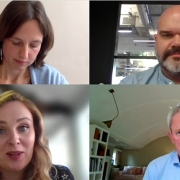

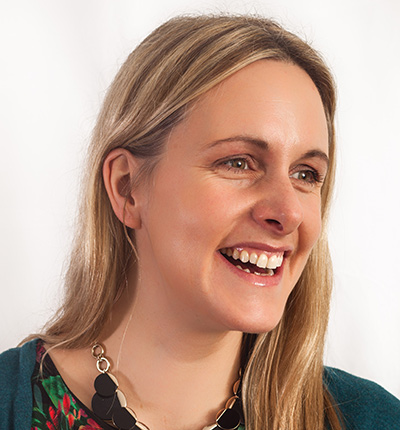 Writing this article made me realise we’re extremely lucky that we genuinely don’t have any clients that I would describe as ‘difficult’. However, reflecting on the past few decades – working for London PR agencies and perhaps also, when I started my own agency
Writing this article made me realise we’re extremely lucky that we genuinely don’t have any clients that I would describe as ‘difficult’. However, reflecting on the past few decades – working for London PR agencies and perhaps also, when I started my own agency